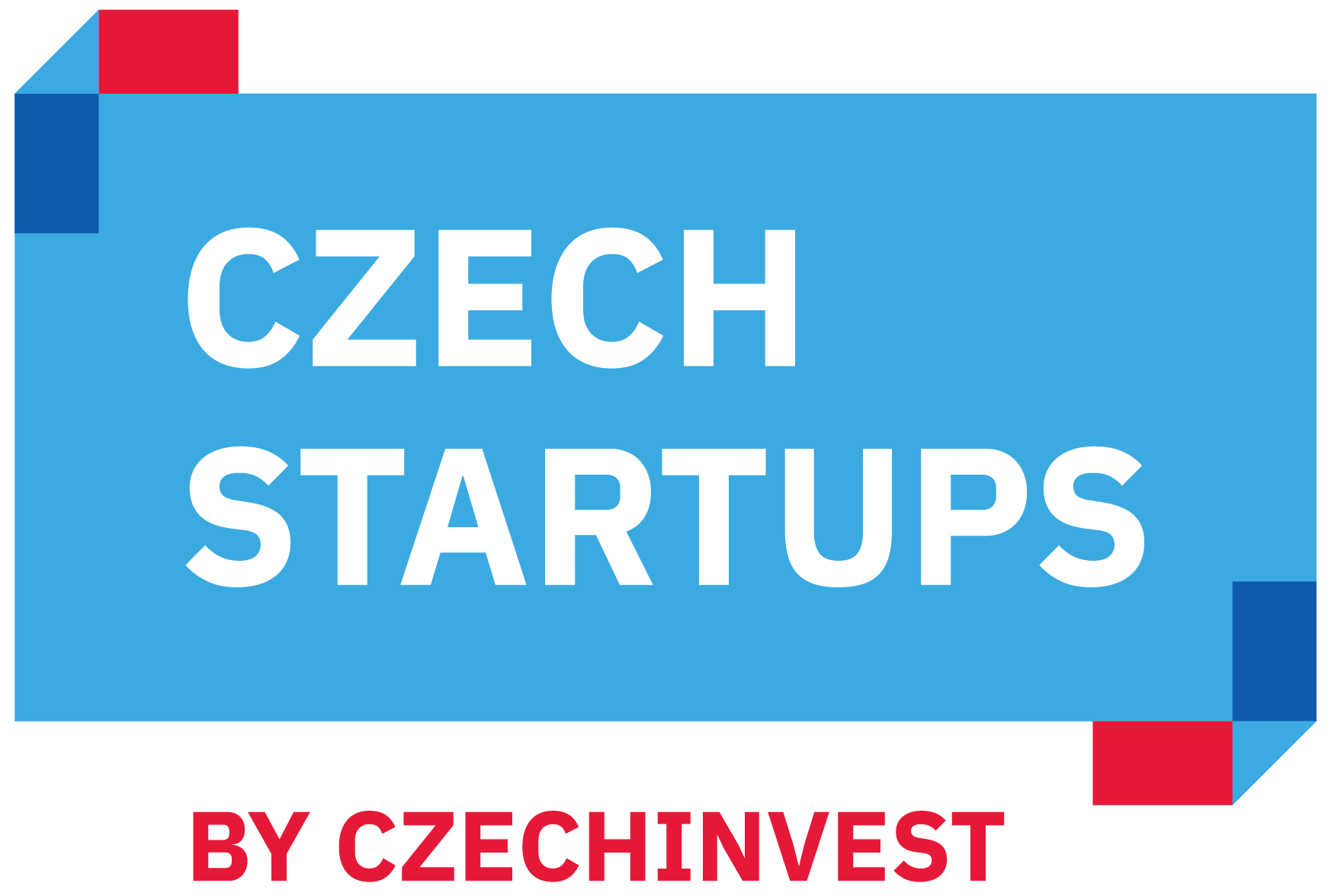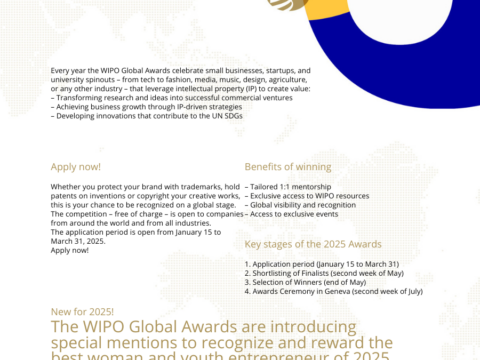The Czech startup Dronetag was established by Lukáš Brchl when he was still a young student at the Faculty of Information Technology of the Czech Technical University. Even then, he was not a novice in the world of drones. For six years, he dedicated himself to activities involving drones and travelled the world with them. The idea to establish a startup emerged from his years of experience. As Lukáš himself says, with Dronetag he is creating a safe world for drones. According to official statistics, approximately 20,000 drones are currently registered in the Czech Republic, and Dronetag is one of the entities that are developing solutions for safely and effectively operating them in European airspace.
By the end of 2020, nearly everyone could purchase and freely operate a drone, but the beginning of 2021 will bring new legislation that represents a turning point for both amateur and professional drone operators. What exactly does that involve? What impact will it have on Dronetag? What can everyone who purchase a drone expect from the start of the year? We discussed all of that and more with Lukáš, who with Dronetag became an audience favourite at the CzechInvest Startup Challenge 2020, underwent incubation in the ESA BIC Prague programme and developed his business over the course of seven months in CzechInvest’s CzechStarter programme.
1) Lukáš, tell us what exactly will change for both amateurs and professionals from 1 January 2021 in the legislation governing the use of drones?
There are really a lot of new things, as the rules for operating drones are being changed from the ground up. The main change is the unification of the rules into a common European framework, thanks to which the same basic rules will newly apply in all European Union member states.
One of the new aspects, for example, is that the legislation no longer distinguishes between amateurs and professionals. It basically depends only on where and with what kind of drone you fly. From the public’s perspective, the most important point is probably the registration obligation, which applies to almost all drone operators.
For me, however, the most interesting aspects are the parts of the rules that lay the groundwork for new uses of drones, whether flights outside of visual range, for example, or even the transport of passengers using drones. To me, the new legislation is a clear sign that the European Union is taking drones into account for the future.
2) What impact will the change in legislation have on Dronetag? I know you have products such as Dronald, Dronetag Mini and Dronetag App and these are closely associated with the current changes in the world of drones.
I’d first like to mention Dronald, which services as a web-based guide to the new legislation. Drone pilots just have to answer a few simple questions and Dronald will immediately tell them which rules apply to them. However, Dronald isn’t our primary activity; this project gradually and naturally originated as an answer to the public’s frequently asked questions concerning the legislation.
Our primary activity at Dronetag is the development of systems and equipment for coordinating drones in the airspace. From December of this year, some flights will be required to have remote identification, which our Dronetag Mini device handles. In the coming years, we expect the arrival of U-space legislation, which will be focused directly on the issue drone coordination, i.e. how and by whom drone operation should be managed.
3) You are collaborating with Air Navigation Services and the Department of Air Transport at the Czech Technical University. Can you tell us what that collaboration involves?
A greater degree of involvement of authorities in drone operation can be expected in the future, so Air Navigation Services of the Czech Republic, which among other things is the originator of the Fly Responsibly educational portal, is actively interested in unmanned aviation. We are jointly dealing with new features of the legislation and testing of our products. Of no less importance, we created the previously mentioned Dronald together.
Similarly, the collaboration with the Department of Air Transport at the Czech Technical University has a more technical direction and we’re holding discussions on possible joint research projects.
4) Have you ever considered manufacturing your own drones with your devices already built in?
Years ago, when I started to get interested in drones, I built my own models, but I don’t have any business ambitions in that respect. Our field is development of systems and components for coordinating drones, which, perhaps paradoxically, is quite removed from the development of drones themselves.
But that’s where our advantage lies, as we very well complement drone manufacturers, which don’t have expertise in our field. Our goal is for drone manufacturers to keep focusing on developing great UAVs, while we develop specialised components that they can integrate into their products.
5) You are constantly developing and seeking opportunities, Dronetag is in its second year of incubation in the ESA BIC Prague space incubator, and you were involved in the CzechStarter programme for seven months. Where do you see the greatest progress in all of that? Does such “external” help make sense to you?
That assistance definitely makes sense to us. We first registered in the ESA BIC incubation programme, thanks to which we received funding for research and development and, equally important, technical advice. As soon as we had the technical side of our project covered, we decided to register in the CzechStarter programme, in which we used 339 hours of mentoring and consulting in the period from April to November 2020. We spent almost a third of that time focusing on marketing and PR, dozens of hours on certification and legal services, and more than a hundred hours on designing the Dronald educational tool that I mentioned earlier. Each hour of mentoring was fully utilised with experts, whom it would have been hard for us to reach without the programme’s help. At the same time, both programmes are a source of interesting contacts for us. Developing software in combination with hardware is difficult in every respect, so I can’t imagine how we could have developed Dronetag on our own without that help.






